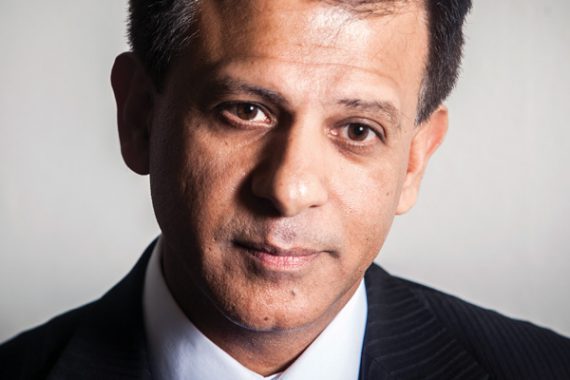BMA advising GMC on update to written reflections guidance

The BMA is in talks with the GMC over updates to written reflection guidance in light of the Bawa-Gaba fallout.
The BMA said it is contributing to new GMC guidance on how doctors should approach reflective practices, due to be published this summer.
This comes after it was made clear doctors’ e-portfolios are not subject to legal privilege under UK criminal law and as a result could be requested by a court if considered relevant.
The GMC itself has said it would not request a doctor’s written reflections as part of fitness-to-practise proceedings and has recommended the Government to consider providing legal protection.
At last month’s LMCs Conference, delegates voted for the BMA to advise GPs to ‘disengage’ from written reflections ‘in both appraisal and revalidation’.
The BMA’s GP Committee has not yet issued any advice in response to the motion but a BMA spokesperson told Pulse that it is now being considered on a ‘BMA-wide’ basis.
In an update to members, the BMA said: ‘The BMA will be contributing, with others, to the development of GMC guidance for all doctors and medical students on how to approach reflective practice (due to be published by the GMC in the summer).’
It added that in earlier meetings with the regulator the BMA ‘secured a commitment from the GMC that it will never ask for reflective statements as part of its investigations’.
The chair of the BMA, GP Dr Chaand Nagpaul, said: ‘In my dialogues with key figures in Government, I’ve impressed upon them the outcry provoked by the ruling, and the impact it has had on doctors fearing being blamed and punished for factors outside their control.
‘We have also expressed members’ concerns about the GMC’s right of appeal against decisions of the MPTS, and the need to secure safeguards about the use of reflective practice.’
Also in response to the Bawa-Garba case, the BMA is planning to survey doctors on their experience of the impact of NHS system pressures on doctors.
It will also launch a programme of work concerning allegations of racial bias in GMC investigations.
Dr Hadiza Bawa-Garba, a junior paediatrician, was struck off the medical register following a GMC High Court bid to overturn a decision – reached by its own tribunal – to allow her to continue practising following a manslaughter conviction.
According to the Medical Practitioners Tribunal Service (MPTS) ruling, Dr Bawa-Garba’s mistakes were made in the context of a large number of system failures.
Following the ruling, the medical profession and the health secretary were concerned over the alleged use of Dr Bawa-Garba’s e-portfolio in her trial – however, her defence organisation has since clarified that that no written reflections were submitted to court.
The BMA updated its reflection guidance in February to address these issues but continues to ask GPs to submit reflections during the appraisal process.
The Bawa-Garba case in brief
2013: Six-year-old Jack Adcock dies from sepsis, whilst Dr Hadiza Bawa-Garba is in charge of his care.
2015: Dr Bawa-Garba is convicted for manslaughter by a Crown Court.
February 2017: The GMC launches a fitness-to-practice investigation against Dr Bawa-Garba.
June 2017: The MTPS rules, against the GMC’s recommendation, that Dr Bawa-Garba should be allowed to continue to practise.
December 2017: The GMC’s appeal is heard in the High Court.
January 2018: The High Court approves the GMC’s appeal to strike off Dr Bawa-Garba. The health secretary, medical royal colleges and the BMA express concern. The Government orders a rapid review into manslaughter convictions in medicine, and the GMC launches an internal investigation.
March 2018: Dr Bawa-Garba is granted permission to appeal the High Court ruling.
April 2018: The BMA asks to advise the Court of Appeal.
In full: Bawa-Garba: timeline of a case that has rocked medicine









